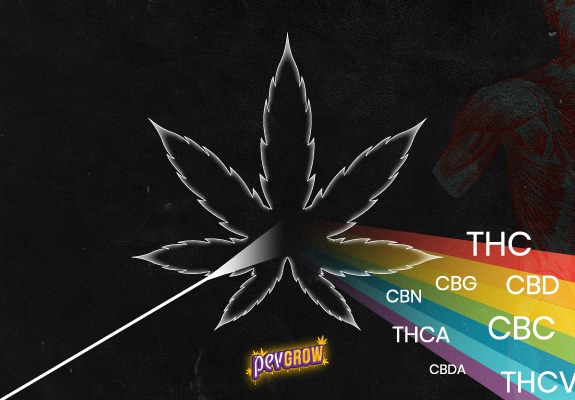

19-05-2023 09:00:08 - Updated: 19 May, 2023
The Cannabis abstinence is a natural process that occurs when a person stops consuming this substance. Although cannabis is considered by many to be a soft drug, prolonged and excessive consumption can cause some physical and psychological dependence, making abstinence a difficult process for some. During cannabis abstinence, the body and mind may experience a series of unpleasant symptoms that can interfere with daily life. In this article, we will delve into the symptoms, duration, and treatment of cannabis abstinence to help you better understand this process and how to effectively overcome it.
🚀 Cannabis abstinence syndrome
The cannabis abstinence syndrome is a set of symptoms that occur when a person who regularly consumes this substance decides to stop. Although not all people who use cannabis experience this syndrome, it is common for some adverse effects to occur in the first few days after the last dose.
It is important to note that cannabis abstinence syndrome can vary from one person to another, and will depend on various factors, such as the amount and frequency of use, age, state of health and duration of addiction. Therefore, it is essential that, in case of presenting any symptoms, the person consults a specialist to receive the appropriate treatment. It is also important to keep in mind that cannabis addiction is a problem that requires professional attention and treatment.
✅ How long does cannabis abstinence syndrome last?
The duration of cannabis abstinence can vary from person to person and will depend on several factors, such as the amount and frequency of use, age, health status and duration of addiction. In general, cannabis abstinence symptoms can last from a few days to several weeks even.
In some cases, cannabis abstinence symptoms can last longer, even up to two months after stopping cannabis use. It is important to note that although these symptoms can be bothersome, they are not dangerous to a person’s physical health. It is important to note that the duration of cannabis abstinence can be reduced by gradually reducing use rather than quitting cold turkey. Also, professional treatment and supportive therapy can be useful to help overcome the abstinence process.
👾 Cannabis abstinence symptoms
One of the most common symptoms of cannabis abstinence syndrome are: sudden mood swings, anxiety, sleeping difficulties, lack of appetite, night sweats, headaches, nausea and tremors. However, the symptoms of cannabis abstinence can vary from person to person, and their intensity will depend on various factors, such as the amount and frequency of use, age, health status and duration of addiction. However, there are some common symptoms that occur in most cases.
Lack of appetite is another common symptom of cannabis abstinence. The person may experience nausea, vomiting or weight loss due to lack of interest in food. Finally, headaches, tremors and blood pressure alterations are other symptoms that may occur during cannabis abstinence.
⚠️ Conclusion
In conclusion, cannabis abstinence can be a difficult and challenging process for some people, but it is an important step in overcoming dependence and improving quality of life. If you are experiencing cannabis abstinence symptoms, it is important that you do not feel alone and seek professional help. Also, you can adopt some healthy habits to reduce symptoms and improve your overall well-being, such as exercising, getting enough sleep, maintaining a balanced diet and seeking emotional support. We hope this article has been helpful in better understanding cannabis abstinence and how to effectively overcome it. If you enjoyed it, feel free to share it with your friends and family so they can also benefit from this valuable information.





